Hezbollah: US 'terror' designation for Yemen’s Ansarullah criminal act
The Lebanese Hezbollah resistance group has denounced the outgoing US administration’s decision to designate Yemen’s Houthi Ansarullah movement as a foreign “terrorist” organization, terming it as a criminal act aimed at undermining the Yemeni nation’s morale.
Hezbollah said in a statement late on Monday that Washington is not content with supporting and participating in the Saudi-led aggression on Yemen, and intends to target the Ansarullah movement and three of its leaders, namely Abdul Malik al-Houthi, Abd al-Khaliq Badr al-Din al-Houthi and Abdullah Yahya al-Hakim, with sanctions.
“It is a criminal move that seeks to hurt the morale of Yemenis, who have been resiliently confronting the unfair blockade and aggression,” the statement added. “The United States bears the responsibility for all potential humanitarian and health repercussions.”
Hezbollah highlighted that the US measure, besides similar hostile moves it had adopted against resistance movements in the region, is meant to punish all those who reject America’s hegemony and dominance over the region’s capabilities and resources, and oppose Israel’s occupation of Palestinian lands and normalization of ties with the Tel Aviv regime.
The Lebanese resistance movement then voiced solidarity with Ansarullah and its leaders, stressing that the Yemeni movement will become more steadfast and determined to safeguard the country’s resources and national interests in the face of the US sanctions.
US Secretary of State Mike Pompeo has announced that the move against Yemen’s Ansarullah movement will come into effect on January 19 — one day before the inauguration of President-elect Joe Biden, whose aides have hoped to mount a fresh push to end Yemen’s devastating six-year war.
Separately, the Iraqi al-Nujaba movement expressed solidarity with Ansarullah and strongly condemned the US move to blacklist the Yemeni movement.
“Men like Sayyed Abdul Malik al-Houthi and his fellow Yemeni combatants do not need the approval of a deceiver who ignores thousands of innocent victims, and turns a blind eye to Yemen’s destruction, hunger as well as the aggression of the Wahhabi-Zionist-American alliance,” Nasr al-Shammari wrote in a post published on his Twitter page.
He added, “It is of enormous honor and dignity for any free resistance fighter to be on the side of this great commander [Abdul Malik al-Houthi] and brave Yemeni combatants.”
Meanwhile, Saudi Arabia and the United Arab Emirates — a key party to the Riyadh-led coalition waging the war on Yemen — welcomed the US administration’s decision to blacklist Yemen’s Ansarullah movement.
Lawmakers from Biden’s Democratic Party had already told Pompeo that the step would both jeopardize aid and peace efforts in Yemen.
“This designation would almost certainly prevent the critical delivery of food, medical supplies and other items necessary to combat both COVID-19 and famine,” said a joint appeal late last year by three senators, Democrats Chris Coons and Chris Murphy and Republican Todd Young.
In an open letter to Pompeo last month, retired US diplomats, including six former ambassadors to Yemen, also doubted that the Houthi Ansarullah movement met the legal definition of a terrorist group.
“In fact, designating the Houthi movement will be perceived as politically motivated and will undermine the credibility of US counterterrorism programs and policies,” they wrote.
Additionally, aid groups have warned Pompeo against the blacklisting of Ansarullah, saying that they have no option but to deal with what is the de facto government in northern Yemen.
“We must be able to negotiate access for our aid and protection of civilians with all sides to all conflicts. Our humanitarian work must not be criminalized,” Jan Egeland, secretary general of the Norwegian Refugee Council, said last November.
Since late 2014, the Houthi movement has been running state affairs in the absence of an effective administration, after former Riyadh-back president Abd Rabbuh Mansur Hadi resigned amid a conflict with Ansarullah and fled to the Saudi capital.
Months later, the Saudi regime and a number of its allies launched the deadly war on Yemen to reinstall Hadi, but the US-backed campaign has flatly failed in the face of stiff resistance put up by the Yemeni armed forces led by the Houthis and allied popular groups.
Hundreds of Greeks protest US warship arrival in Crete
Iran warns Trump against decisions based on false information
Iran embassy rejects 'fabricated' French reports on domestic affairs
Trump’s military buildup against Iran on Netanyahu’s behalf is a gambit doomed to fail
Iran dismisses US 'big lies' on nuclear, missile programs
CIA‑founded NGO admits deploying Starlink satellites for Iran riots
VIDEO | French comedian targeted by Rothschild and Epstein for his shows on Palestine
Iranian commanders warn US not to mistake it for other nations


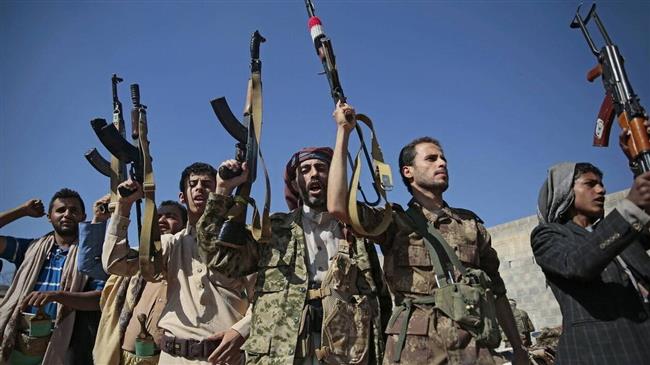


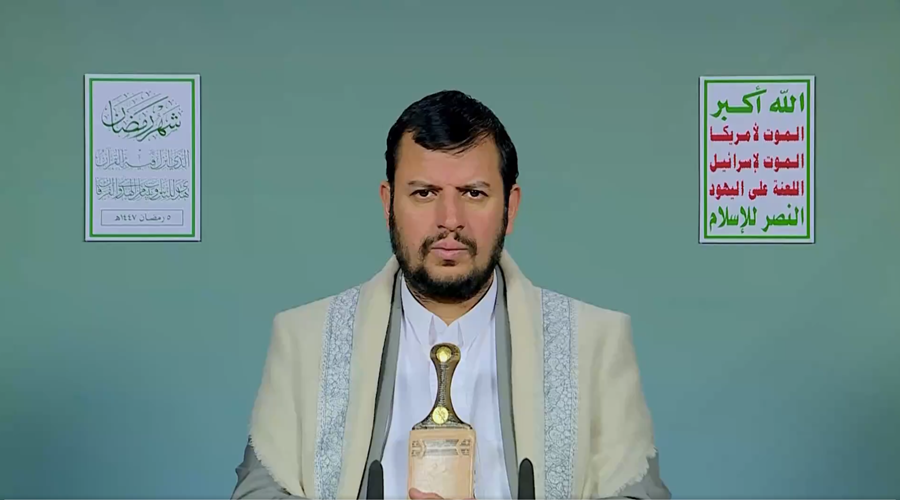
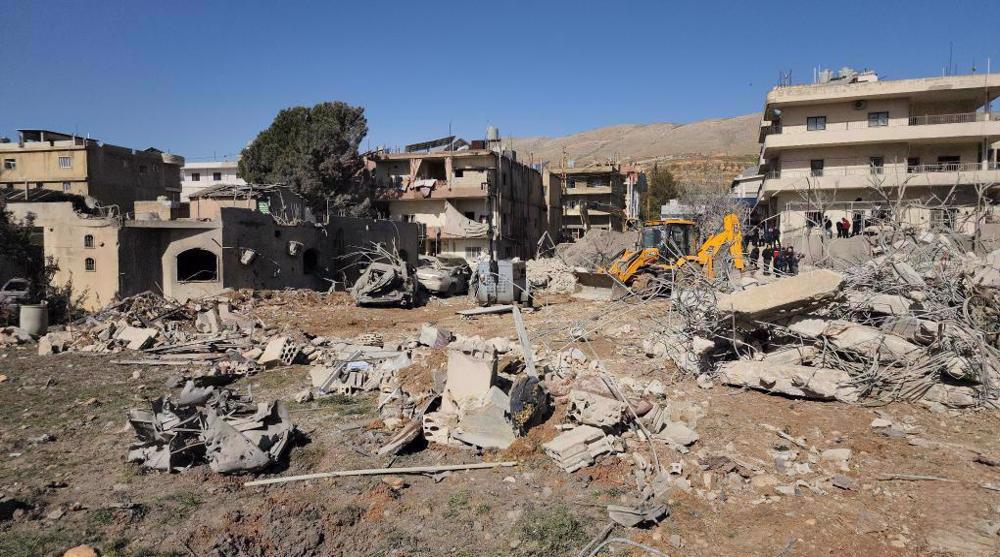
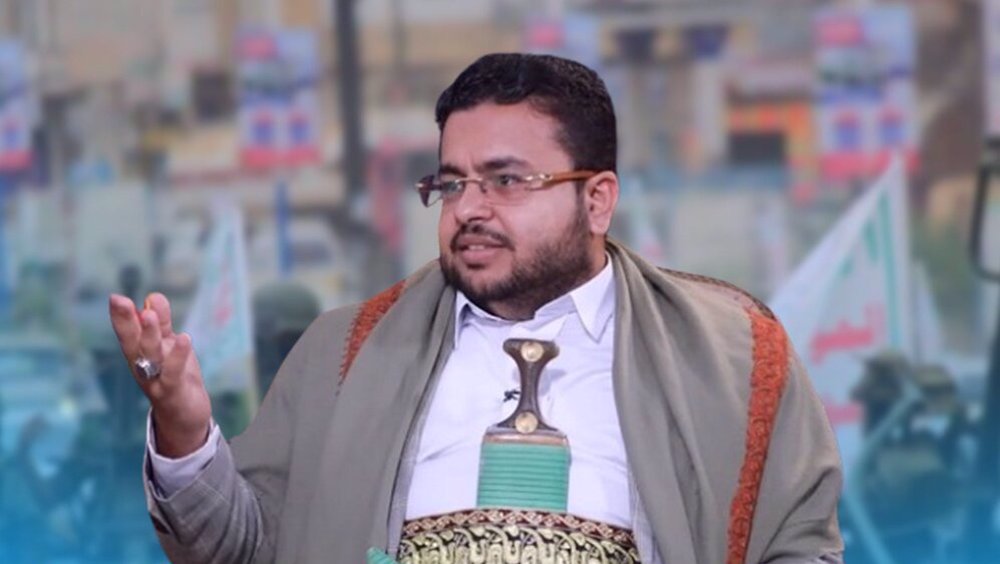



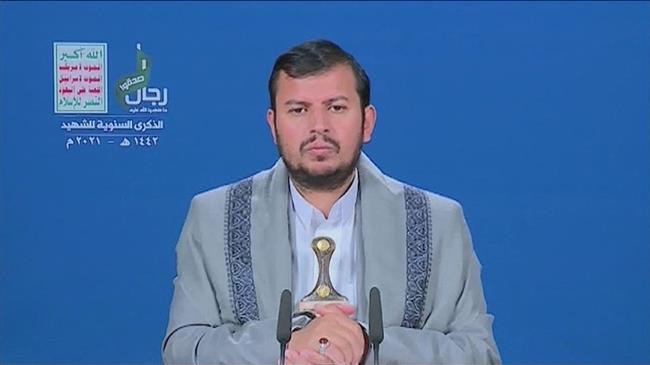
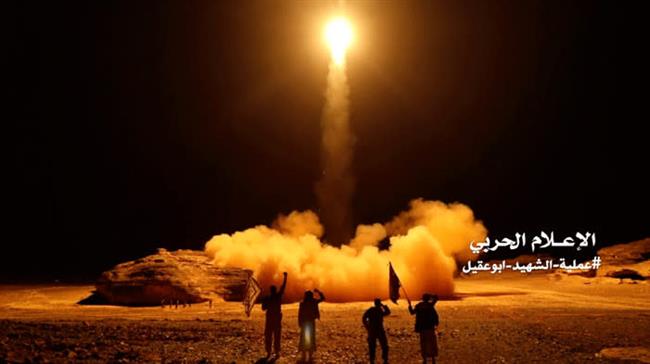


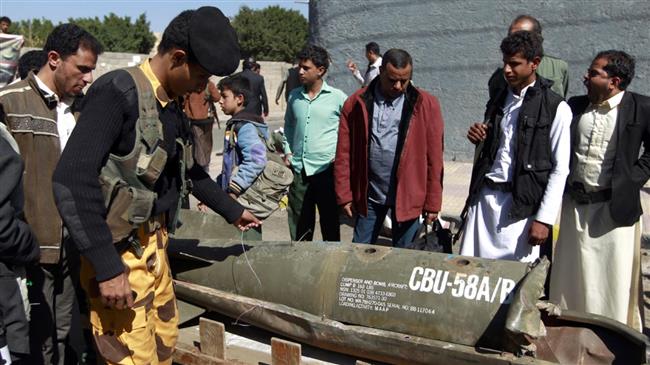

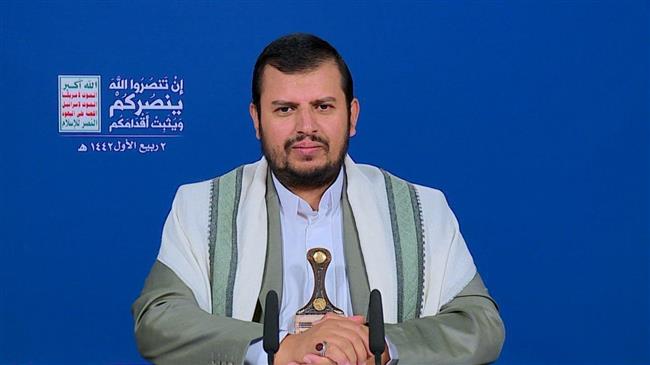
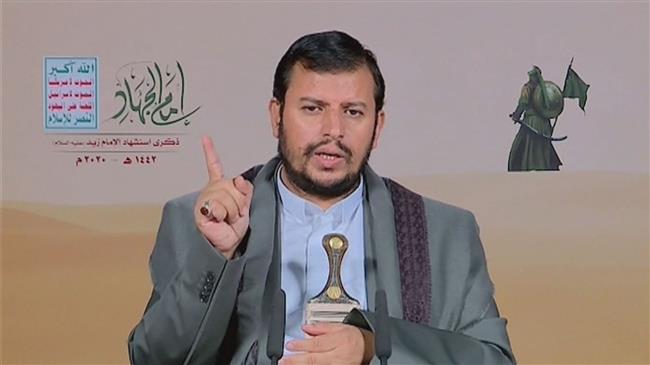


 This makes it easy to access the Press TV website
This makes it easy to access the Press TV website